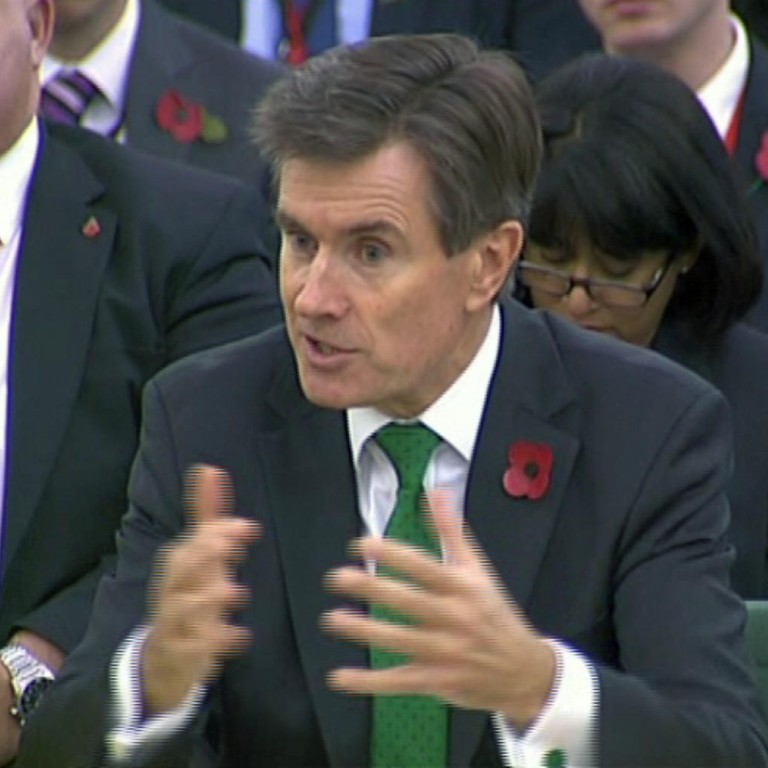
Spy chiefs deny surveilling the UK public
Heads of MI5, MI6 and GCHQ make rare appearance, claiming they defend freedom and that Edward Snowden's leaks aided 'terrorists'
Britain's top spy chiefs claimed in a rare televised appearance yesterday that the intelligence leaks by Edward Snowden had left its enemies "rubbing their hands with glee" and caused terror groups to change the way they communicate.
The heads of foreign spy agency MI6, its domestic counterpart MI5 and electronic eavesdropping agency GCHQ also denied in their evidence to parliament's Intelligence and Security Committee that Britons were subject to mass surveillance.
In a hearing held under tight security and with a two-minute time delay to prevent accidental disclosures, MI6 boss John Sawers said: "The leaks from Snowden have been very damaging, they put our operations at risk. Our adversaries are rubbing their hands with glee. Al-Qaeda is lapping it up."
GCHQ boss Iain Lobban added that the revelations by the fugitive US leaker had led "terrorist groups" in the Middle East, Afghanistan and elsewhere to modify the way they communicate.
We do not spend our time listening to the phone calls … of the majority
"We have intelligence on [and] we have actually seen chat around specific terrorist groups, including closer to home, discussing how to avoid what they now perceive to be vulnerable communications methods," Lobban said.
Snowden, a former US National Security Agency contractor who has been granted temporary asylum in Russia, has revealed massive US electronic surveillance programmes in recent months, sending shockwaves around the world.
The leaks have strained Washington's ties with its allies over suggestions that it has eavesdropped on dozens of world leaders, including by tapping the mobile phone of German Chancellor Angela Merkel.
The hearing marked an unprecedented joint public appearance for the heads of the three British intelligence agencies, who could be seen on television sitting in a row as they answered questions from lawmakers.
They insisted that they worked hard to balance national security with citizens' right to privacy. "We do not spend our time listening to the telephone calls or reading the emails of the majority. It would not be proportionate, it would not be legal. We do not do it," Lobban said.
Amid continuing revelations about the global scope of US and British espionage, Andrew Parker, the director general of the agency known as MI5, defended the UK intelligence community.
"The suggestion that somehow what we do is somehow compromising freedom and democracy — we believe the opposite to be the case," he said.
A total of 34 terrorist plots have been disrupted in the UK since the July 2005 bombings in London, the head of the domestic security service claimed.
"There have been persistent attempts of attacks of terrorism in this country," Parker said.
"A small number have failed because they just failed, the plans didn't come together, but the vast majority were foiled."
The killing of a 25-year-old soldier outside a London barracks in May was the first attack to be treated as a terrorist incident in several years.
